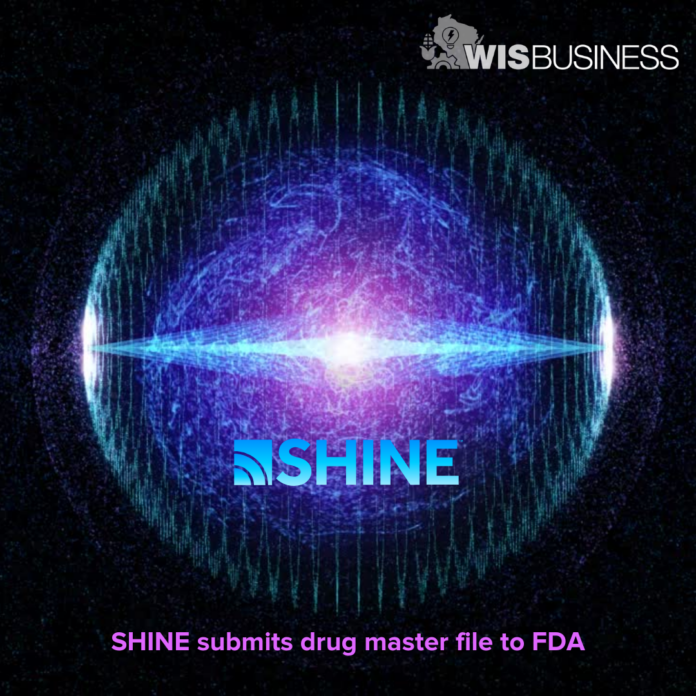SHINE Technologies has submitted its drug master file to the FDA for a material used in precision cancer treatment.
The Janesville-based company yesterday announced the submission for non-carrier added lutetium-177 chloride, or Lu-177. This radiopharmaceutical is used alongside a cancer-seeking molecule to attack cancer cells, and is “especially useful” against prostate cancer, according to the release.
The filing covers detailed information about SHINE Technologies’ facilities and procedures involved with manufacturing, processing and storing the drug. The company made its first commercial sale of Lu-177 in 2020, according to an earlier release.
It will be produced exclusively at the company’s Cassiopeia facility in Janesville, the largest of its kind in North America with initial capacity to produce 100,000 doses per year. SHINE says that could rise to 200,000 doses annually in time. The company last summer announced the opening of the production facility.
“Our rapid progress in delivering Cassiopeia, a first-of-its-kind facility, equipped with the most innovative and efficient technology in the industry demonstrates the value our team can bring as demand for new radioisotope-based cancer therapies scale,” founder and CEO Greg Piefer said yesterday in a statement.
He emphasized the importance of developing domestic production of Lu-177, noting the U.S. is the largest market for cancer therapy in the world.
“The [drug master file] means we’re on the fast track to deliver for our customers, reducing U.S. dependency on foreign sources while also enhancing global supply chains for critical medical radioisotopes,” he said.
Lu-177, a radioactive form of the rare earth metal lutetium, is fairly short-lived with a half life shorter than a week, according to the company’s website. It’s not naturally occurring, and must be synthesized using nuclear technology.
The material’s radiation can destroy cancer cells when deployed correctly, but it can’t be stockpiled because its rate of decay is so rapid. The company notes this radiation is useful for treating cancer because it can hit the tumors while causing “minimal damage” to nearby healthy tissues. Lutetium treatment costs $10,000 per course on average, according to SHINE.
See more in the release, and listen to a recent podcast with Piefer.






